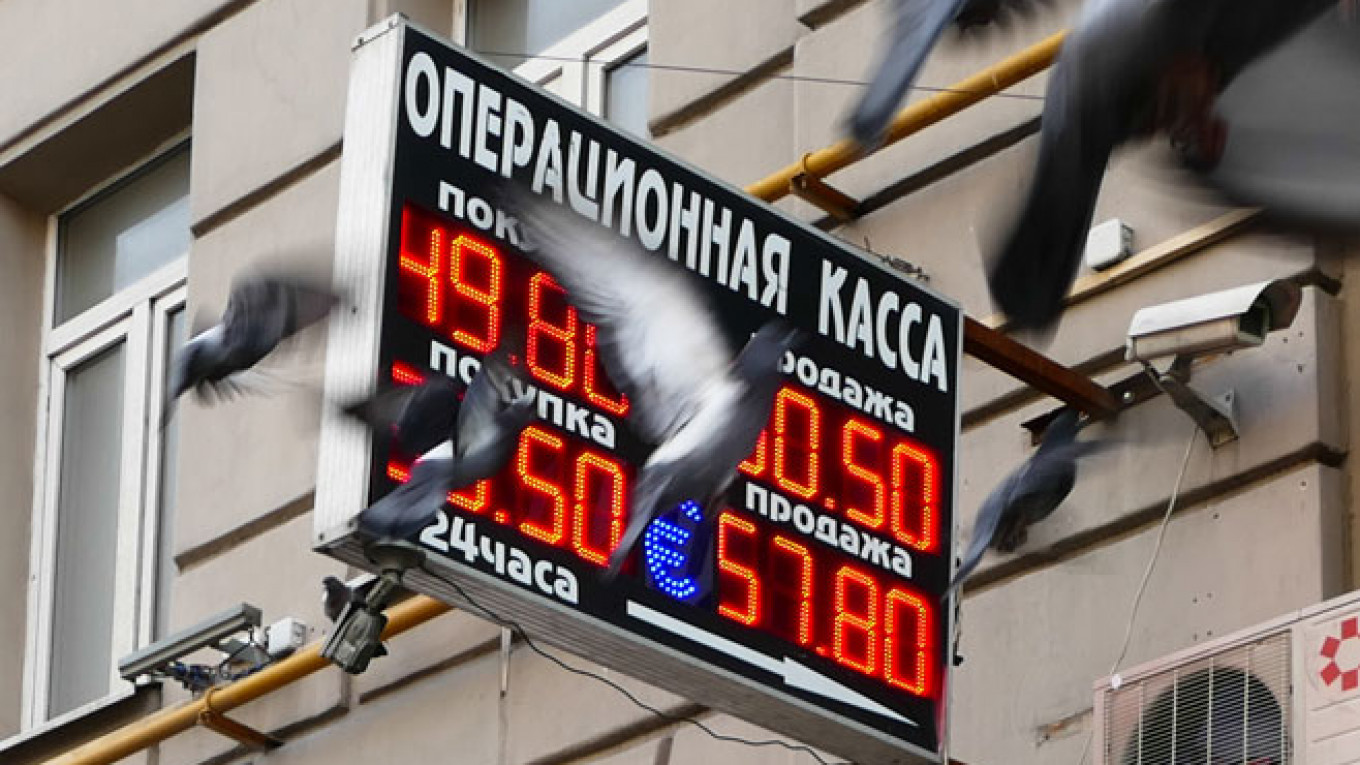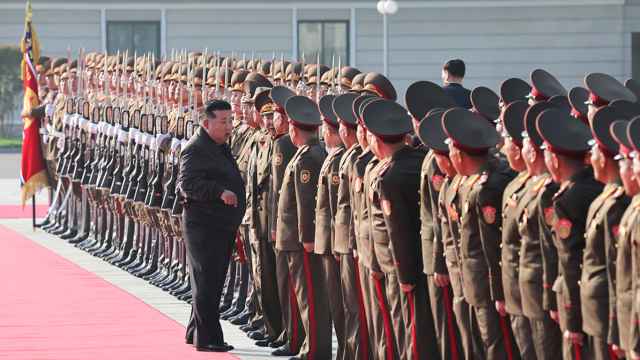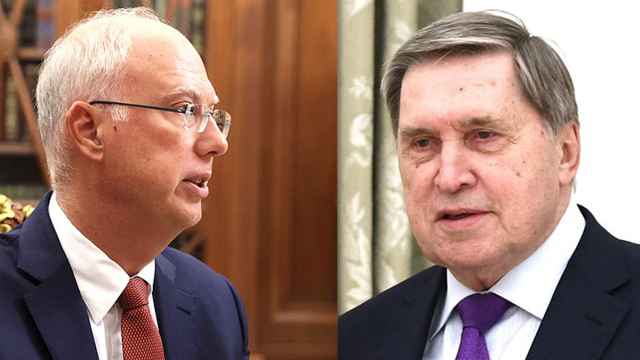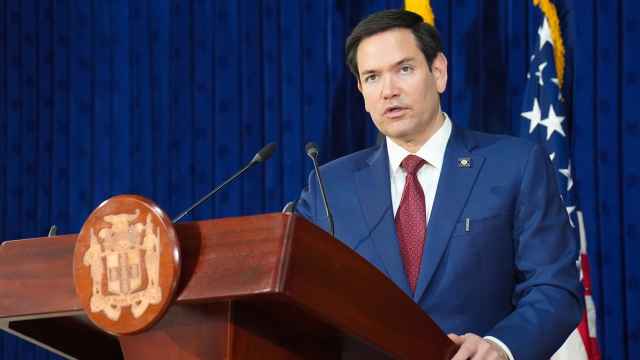Russia's ruble strengthened on Monday, helped by companies selling foreign currency ahead of end-of-month tax payments to the state budget and also by weak demand for dollars and euros.
At 4:30 p.m., the ruble was around 0.7 percent stronger against the dollar at 49.22 and gained 1.3 percent to trade at 56 versus the euro.
The ruble's rise came despite Central Bank purchases of foreign currency to top up its reserves — a policy shift announced last week — and modest losses in global prices for oil, Russia's chief export.
Russia's end-of-month tax period began on May 15, with the bulk of the taxes falling due next week, including those for which exporters convert most foreign currency into rubles.
Analysts say demand for foreign currency has tailed off now that the peak of foreign debt repayments by Russian firms in the first half of the year has passed.
On Monday, the Central Bank said it bought $200 million on the forex market on May 14, the maximum daily amount it said it would buy to replenish the reserves.
The bank also canceled a one-year forex repo auction that it has been holding to ease demand for dollars following a collapse in the ruble in December.
"Today's decision not to hold the yearly auction indirectly points to a willingness to restrain the ruble's rise," Dmitry Polevoy, an economist at ING Bank in Moscow, said in a note.
The ruble is the best-performing emerging-market currency in 2015 in an index compiled by JPMorgan and is up some 20 percent against the U.S. dollar this year.
Russian policymakers including Finance Minister Anton Siluanov have been at pains to suggest a recent ruble rally has been overdone. A stronger ruble threatens to inflate Russia's budget deficit by depressing the country's earnings from exports of oil and gas in ruble terms.
Russian share indexes were mixed on Monday.
The dollar-denominated RTS index was up 0.6 percent to 1,081 points, while its ruble-based peer MICEX was down 0.1 percent at 1,689 points.
A Message from The Moscow Times:
Dear readers,
We are facing unprecedented challenges. Russia's Prosecutor General's Office has designated The Moscow Times as an "undesirable" organization, criminalizing our work and putting our staff at risk of prosecution. This follows our earlier unjust labeling as a "foreign agent."
These actions are direct attempts to silence independent journalism in Russia. The authorities claim our work "discredits the decisions of the Russian leadership." We see things differently: we strive to provide accurate, unbiased reporting on Russia.
We, the journalists of The Moscow Times, refuse to be silenced. But to continue our work, we need your help.
Your support, no matter how small, makes a world of difference. If you can, please support us monthly starting from just $2. It's quick to set up, and every contribution makes a significant impact.
By supporting The Moscow Times, you're defending open, independent journalism in the face of repression. Thank you for standing with us.
Remind me later.






